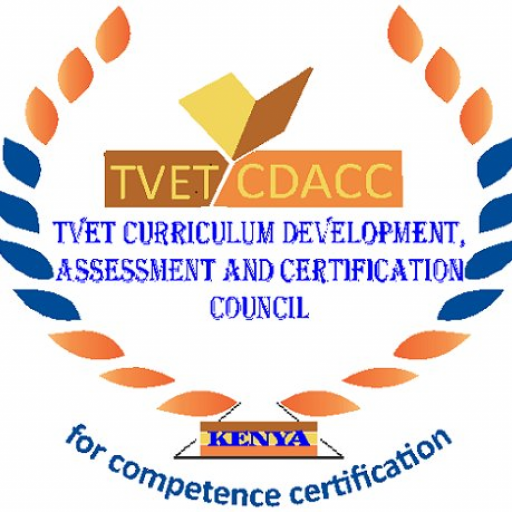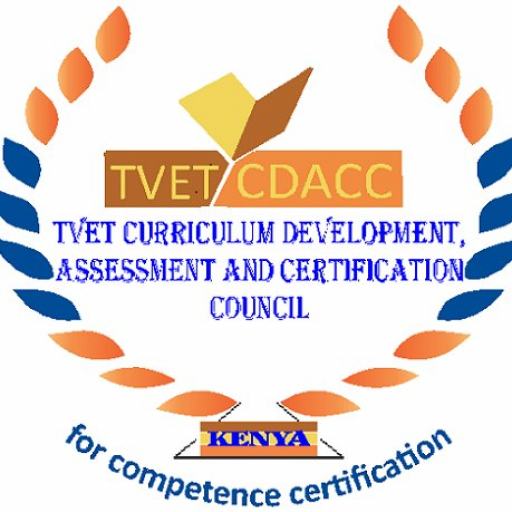It is the process of collecting evidence and making judgments on whether competence has been achieved. It confirms that an individual can perform to the standard expected in the workplace. A variety of methods are used including but not limited to portfolios, projects, role play and written examinations.
The Council has established the following mechanisms for competence assessment:
Internal assessment
Internal assessment is a continuous process of evaluating a trainee’s competence done by the trainer (internal assessor) during training. The trainer also evaluates trainees’ competence on completion of each unit of competence. The internal assessor is monitored by an internal verifier for internal quality assurance.
The main roles of an internal assessor include:
- Guiding the trainees accordingly.
- Using various strategies to deliver the competency units.
- Conducting assessments.
- Completing checklists and relevant forms.
- Communicating with internal verifier on trainee’s progress.
- Compiling a summary of candidate’s results.
- Advising unsuccessful candidates on how to be re-trained and re-assessed later.
- Storage of candidate’s evidences.
- Writing report to internal verifier.
The main roles of an internal verifier include:
- Monitoring assessment practice to ensure the assessment is done according to the Council’s criteria
- Dealing with internal disputes or appeals pertaining to assessments.
- Maintaining accurate records of planned and completed internal verification.
- Verifying the assessment decision by sampling to check consistence.
- Advising and supporting assessors.
- Inducting assessors.
- Organizing and leading meetings.
- Communicating with external verifier or the Certification Council.
External assessment
External assessment is the process of evaluating a trainee’s competence and is done by an external assessor who is an expert in a particular skill area. An external assessor is a skilled worker drawn from industry. In certain instances, the external assessor may be a trainer in another training institution.
The external assessor, internal assessor and internal verifier are monitored by external verifier to ensure quality in competence assessment.
The main roles of an external assessor are:
- Provides feedback to trainee after every assessment through review tool
- Reports on the assessment with actions and recommendations in his/her area of expertise
- Conducts follow up reviews and on-site visits when necessary
The roles of an external verifier include:
- Verifying competency-based assessment to ensure quality and consistency.
- Supporting and advising testing centers on improving the effectiveness and quality of assessment.
- Informing the testing centers about any changes that may take place.
- Maintaining accurate records of the results of external verification which the Council will enter into its database.
External verifier is the representative of the Council who links assessment center to the Council for quality assurance of competency-based assessment.
Procedure for External Assessment of a Candidate
- The assessment center and candidate agree on the readiness for assessment of the candidate.
- The assessment center places a request for assessment with the Council using prescribed format.
- The Council identifies assessor(s) and verifier(s) and communicates to the assessment center within sixty (60) working days from date of receipt of the request when assessment will take place.
Assessment for Recognition of Prior Learning (RPL)
The Council has established mechanisms for assessment for RPL. It involves assessment of an individual’s relevant previous learning/experienceagainst industry set standards. It provides formal recognition of competence acquired on-the-job or through unstructured learning experiences. It is conducted in an assessment center.
Procedurefor Conducting Recognition of Prior Learning (RPL)
The procedure for conducting assessment for Recognition of Prior Learning (RPL) is similar to External Assessment of a Candidate procedure.
The assessment for recognition of prior learning is limited to certificate level. However, the Council coordinates for assessment for alignment of qualifications for higher levels.
NB: The outcome of competence assessment is either a trainee is: Competent or Not Yet Competent and in judging a trainee competent, the assessor must be convinced that the trainee meets the standards set by industry and will continue to do so in future.


